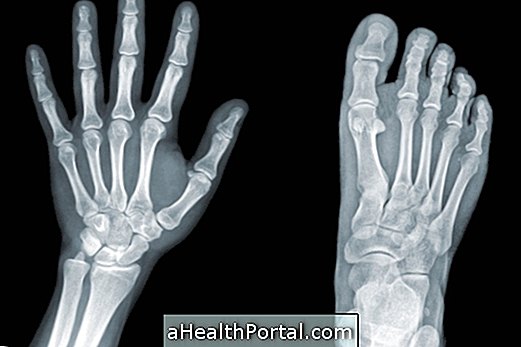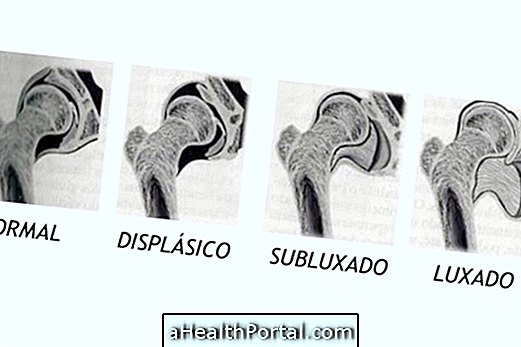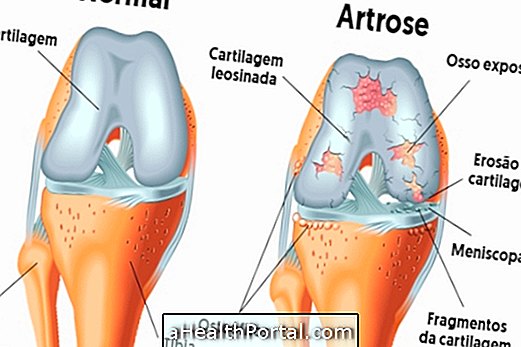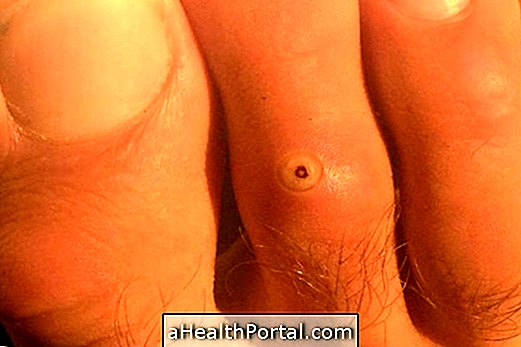Dent's disease is a rare genetic problem that affects the kidneys, causing a greater number of proteins and minerals in the urine to be eliminated that can lead to frequent kidney stones or other more serious problems, such as kidney failure.
Generally, Dent's disease is more common in men, but it can also occur in women with milder symptoms.
Dent's disease has no cure, but there are some treatments that help reduce symptoms and prevent injuries that lead to the development of more serious kidney problems.
Symptoms of Dent's Disease
The main symptoms of Dent's disease are:
- Frequent renal attacks;
- Blood in the urine;
- Dark urine with foam.
Usually these symptoms appear during childhood and worsen over time, especially when the treatment is not done properly.
In addition, Dent's disease can also be identified in the urine test when there is an exaggerated increase in the amount of protein or calcium, with no apparent cause.
Treatment for Dent's Disease
The treatment for Dent's disease should be guided by a nephrologist and usually aims to reduce the symptoms of patients by taking diuretics, such as Metolazone or Indapamide, which prevent the exaggerated elimination of minerals, preventing the appearance of kidney stones, for example.
However, as the disease progresses, other problems can arise, such as kidney failure or weakening of bones, which require specific treatment, ranging from vitamin intake to dialysis.
Useful links:
- Renal insufficiency
- Symptoms of kidney stones











.jpg)



.jpg)





